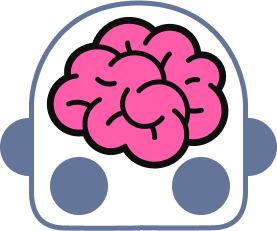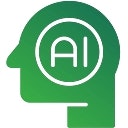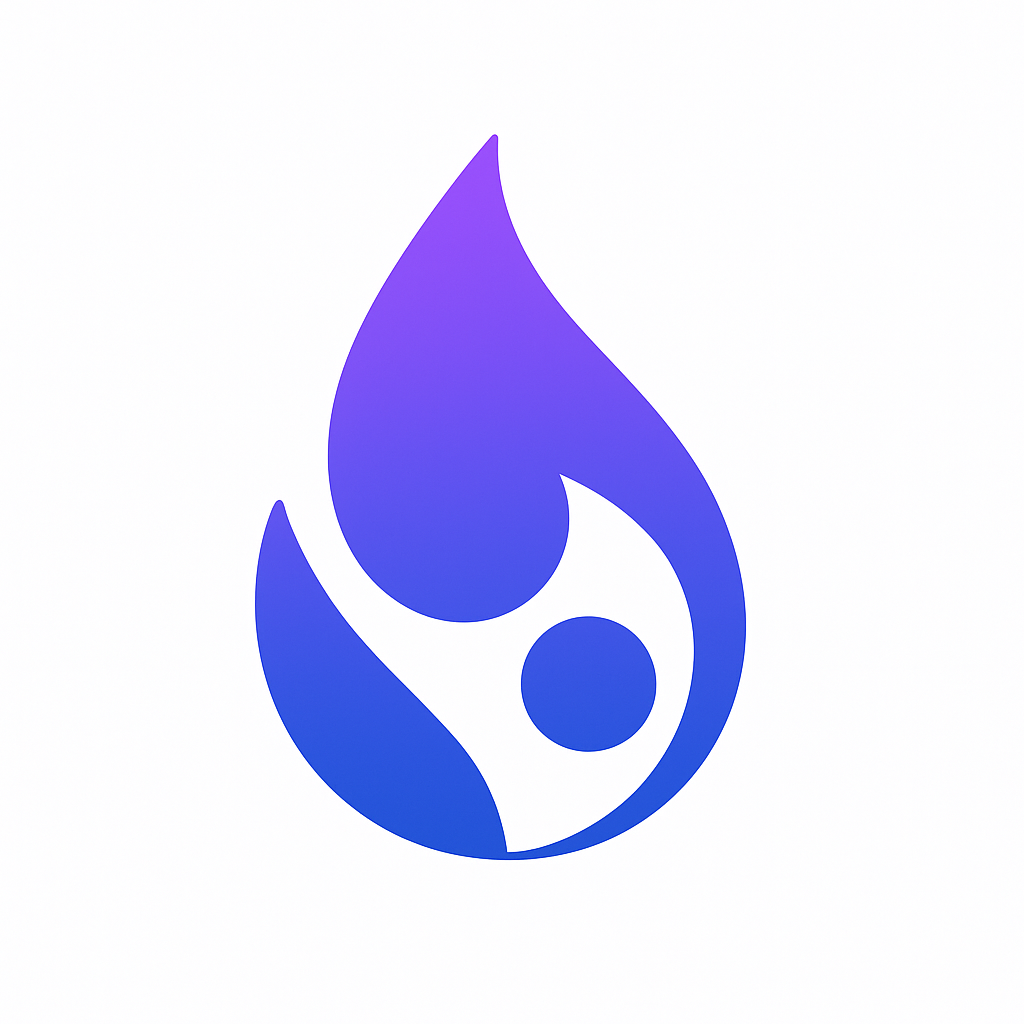BuildKit 2.0
Alternatives
0 PH launches analyzed!

BuildKit 2.0
Build integration tools for MCPs & agents in minutes
260
Problem
Users need to create integration tools manually which require significant manual coding, time, and expertise, leading to slower deployment and higher development costs.
Solution
A platform (in-code tool) where users can build fully customizable in-code AI tools & MCPs for integrations with a single prompt, compatible with all development environments and AI frameworks. Example: Generate API connectors or automate workflows without deep coding.
Customers
Developers, integration engineers, and technical teams at SaaS companies who need scalable solutions for AI-driven integrations.
Alternatives
Unique Features
One-prompt customization, cross-environment compatibility (supports all AI frameworks), and pre-built templates for rapid deployment.
User Comments
Simplifies complex integrations
Reduces development time drastically
Highly adaptable for niche use cases
Steep initial learning curve
Limited documentation for advanced features
Traction
Launched v2.0 in 2024 with AI-prompt integration. No public revenue data, but 1.2K+ upvotes on ProductHunt. Founder has 1K+ followers on X.
Market Size
The global integration platform as a service (iPaaS) market is projected to reach $13.9 billion by 2027, growing at 34% CAGR (MarketsandMarkets, 2023).

Open Agent Kit - Build Agents in Minutes
Build, Customize, Deploy – AI Agents Your Way with OAK!
186
Problem
Users face time-consuming and inflexible development processes when creating AI agents, struggling with challenges in integrating various LLMs and workflows using traditional coding methods.
Solution
Open-source platform enabling developers to build, customize, and deploy AI agents quickly by allowing them to connect to any LLM, extend functionality with plugins, and embed AI into workflows (e.g., automating customer support or data analysis tasks).
Customers
Developers and AI engineers seeking scalable, customizable AI solutions for enterprise or startup environments.
Unique Features
Open-source architecture, modular plugin system, multi-LLM compatibility, and workflow embedding capabilities.
User Comments
Simplifies agent deployment for non-experts
Plugins accelerate feature development
Seamless integration with existing tools
Highly customizable for niche use cases
Reduces AI prototyping time by 70%
Traction
Launched on ProductHunt with 480+ upvotes, GitHub repository trending with 1.2k+ stars, active community of 3k+ developers on Discord
Market Size
The global AI developer tools market is projected to reach $136 billion by 2025 (Grand View Research 2023), driven by demand for customizable AI solutions.

ADK-TS: Create AI Agents in One Line
Build smart, tool-using agents in just one line
121
Problem
Users need to manually integrate multiple LLMs, tools, and memory systems to build AI agents, which requires significant coding expertise and time
Traditional AI agent development faces complex setup, lack of flexibility in conversation flows, and limited scalability
Solution
A framework enabling one-line code creation of AI agents with multi-LLM orchestration, tool integration, and memory systems (e.g., build conversational agents for customer support, data analysis bots)
Customers
Developers, AI engineers, and startups needing rapid AI agent deployment; teams requiring customizable, scalable AI solutions
Unique Features
One-line agent creation syntax, multi-LLM compatibility (e.g., GPT-4, Claude), built-in memory/context management, and dynamic tool chaining
User Comments
Drastically reduces development time
Simplifies complex agent workflows
Flexible for enterprise use cases
Smoother tool integration than alternatives
Limited documentation for edge cases
Traction
Featured on Product Hunt with 850+ upvotes
Used by 1,200+ developers (per GitHub insights)
Active community with 3.8k+ Discord members
Market Size
The global $15.6 billion AI developer tools market (2023) is projected to grow at 24.3% CAGR through 2030 (Grand View Research)

Dabe Agents
Build AI agents by describing your tasks
102
Problem
Users struggle to manually manage complex workflows across multiple apps, which leads to inefficient task execution and time-consuming coordination between tools
Solution
AI agent-building platform where users create custom AI agents integrated with 350+ apps to automate tasks like data collection, content scheduling, and cross-platform workflows via natural language prompts
Customers
Product managers, startup founders, and operations specialists who need automated workflows across SaaS tools
Unique Features
1-click AI agent creation via task description, autonomous operation across interconnected apps without coding, real-time collaboration between multiple AI agents
User Comments
Reduced my daily operational tasks by 60%
Game-changer for cross-app automation
Surprisingly intuitive agent customization
Needs more niche app integrations
Occasional sync delays between agents
Traction
Integrated with 350+ major apps (Shopify, Slack, Notion etc.)
Launched v2.0 with multi-agent collaboration in Q3 2023
Featured on ProductHunt Top 10 productivity tools
Market Size
The global workflow automation market is projected to reach $13.4 billion by 2028 (CAGR 23.5%), driven by demand for cross-platform SaaS integration

Mistral Agents API
Build capable AI agents with memory & tools
233
Problem
Developers struggle to integrate persistent memory, tool use, and orchestration when building AI agents, leading to fragmented workflows and increased development complexity.
Solution
An API platform that lets developers build AI agents with built-in memory, tool use (code execution, web search, image generation), and orchestration, enabling streamlined workflow automation and multi-step task handling.
Customers
Developers and engineering teams building AI applications requiring memory retention, tool integration, and complex workflow automation.
Alternatives
View all Mistral Agents API alternatives →
Unique Features
Combines persistent memory with extensible tools (code exec, web search, image gen) and Mistral's proprietary MCP orchestration in a single API.
User Comments
Reduces agent development time by 50%
Simplifies multi-tool integration
Enables context-aware workflows
Supports enterprise-scale use cases
Requires minimal boilerplate code
Traction
Launched May 2024 on Product Hunt (1.2k+ upvotes)
Part of Mistral AI's ecosystem (raised $645M at $6B valuation)
Founder Guillaume Lample has 28.5k X followers
Market Size
The global AI agent market is projected to reach $1.3 trillion by 2032 (Grand View Research), driven by enterprise automation demands.

UTCP Agent
Build tool-calling agents in 4 lines of code
127
Problem
Developers face time-consuming and complex development processes when building custom tool-calling agents, requiring extensive coding efforts and integration work.
Solution
Open-source SDK that lets developers build custom agents with any tool or native endpoint using only 4 lines of code, streamlining integration and deployment.
Customers
Engineers and developers at tech companies (e.g., AWS, Microsoft, NVIDIA) building AI-driven applications or workflows requiring tool integrations.
Alternatives
View all UTCP Agent alternatives →
Unique Features
Simplifies agent development to 4 lines of code; open-source with community-driven improvements; supports integration with diverse tools/APIs.
User Comments
Saves weeks of development time
Reduces boilerplate code
Trusted by enterprise teams
Seamless API integration
Active GitHub community support
Traction
1k+ GitHub stars, 5k+ downloads, used by engineers at AWS, Microsoft, NVIDIA.
Market Size
The global low-code development platform market is projected to reach $187 billion by 2030 (Grand View Research, 2023).

Prompt to Agent
Build, deploy, and monetize LangChain agents in under 5 min
7
Problem
Users face lengthy development processes and complex monetization when creating and deploying LangChain agents, requiring significant technical expertise and time.
Solution
AI-native platform where users build, deploy, and monetize LangChain agents in under 5 minutes via a prompt-to-agent interface and developer IDE.
Customers
AI developers and entrepreneurs seeking rapid deployment and revenue from AI agents.
Unique Features
Combines no-code prompt-to-agent creation for beginners with advanced IDE for developers, plus instant monetization integration.
User Comments
No user comments provided in the input data.
Traction
Launched on ProductHunt with beginner-friendly and developer-focused features; monetization and deployment capabilities highlighted.
Market Size
The global AI developer tools market is projected to reach $10.8 billion by 2028 (Statista, 2023).

BuildShip Tools
Vibe-code MCP-ready tools for any AI Agent
201
Problem
Users need to build tools for AI agents but face challenges with traditional coding methods, which involve managing large, complex codebases and lack visual interfaces for iterative testing and logic refinement.
Solution
A low-code platform enabling users to visually design logic flows for AI tools via prompts, test them on a canvas, and deploy instantly. Example: Create a tool for automated data processing by dragging nodes instead of coding.
Customers
AI developers, engineers, and startup teams building AI agents who need rapid prototyping without deep coding expertise.
Unique Features
Infinite low-code canvas for logic visualization, prompt-based tool generation, and one-click hosting/export for customization.
User Comments
Simplifies AI tool development
Visual flow eliminates code chaos
Fast iteration for MVP creation
Export option adds flexibility
Steep learning curve initially
Traction
Launched on ProductHunt in 2024 with 500+ upvotes. Actively iterating based on early adopter feedback; exact revenue/user stats undisclosed.
Market Size
The global low-code development platform market is projected to reach $32 billion by 2027 (Source: Gartner).

Panagentic - AI Agent Tools Directory
Curated directory for the best AI agent tools and resources
6
Problem
Users struggle to discover and evaluate AI agent tools efficiently due to fragmented resources and lack of curated guidance, leading to time-consuming research and potential oversight of optimal solutions.
Solution
A curated directory showcasing the best AI agent tools and resources, enabling users to explore vetted AI assistants, frameworks, and platforms in a centralized hub for productivity and innovation.
Customers
AI developers, product managers, tech entrepreneurs, and researchers seeking reliable, up-to-date AI tools to streamline workflows and enhance project outcomes.
Unique Features
Aggregates and categorizes AI tools with rigorous curation, focusing on quality over quantity, and provides concise descriptions and direct access links.
User Comments
Saves hours of research
High-quality tool recommendations
Easy to navigate
Lacks advanced filtering
Needs more frequent updates
Traction
Newly launched on ProductHunt (date unspecified), traction details (users, revenue) unavailable from provided data.
Market Size
The global AI market is projected to reach $1.3 trillion by 2030 (Statista, 2023), with AI tools/platforms being a key growth segment.

Deep MCP Agents
Plug-and-play AI agents via dynamic tool discovery with MCP
12
Problem
Users managing AI workflows require manual integration and maintenance of AI tools, which is time-consuming and prone to human error.
Solution
A plug-and-play AI agent platform enabling users to build production-ready agents via dynamic tool discovery with MCP, automatically generating typed tools when connected to LangChain models (e.g., OpenAI, Anthropic, Ollama).
Customers
Developers and data scientists building AI-powered applications, particularly those focused on automating complex workflows with minimal manual intervention.
Alternatives
View all Deep MCP Agents alternatives →
Unique Features
Dynamic tool discovery eliminates manual coding; agents adapt to LangChain models and generate tools in real time for scalable workflows.
Traction
Launched on ProductHunt (May 27, 2024) with no disclosed revenue or user metrics yet.
Market Size
The global AI agent market is projected to reach $50 billion by 2030, driven by demand for automated enterprise workflows.